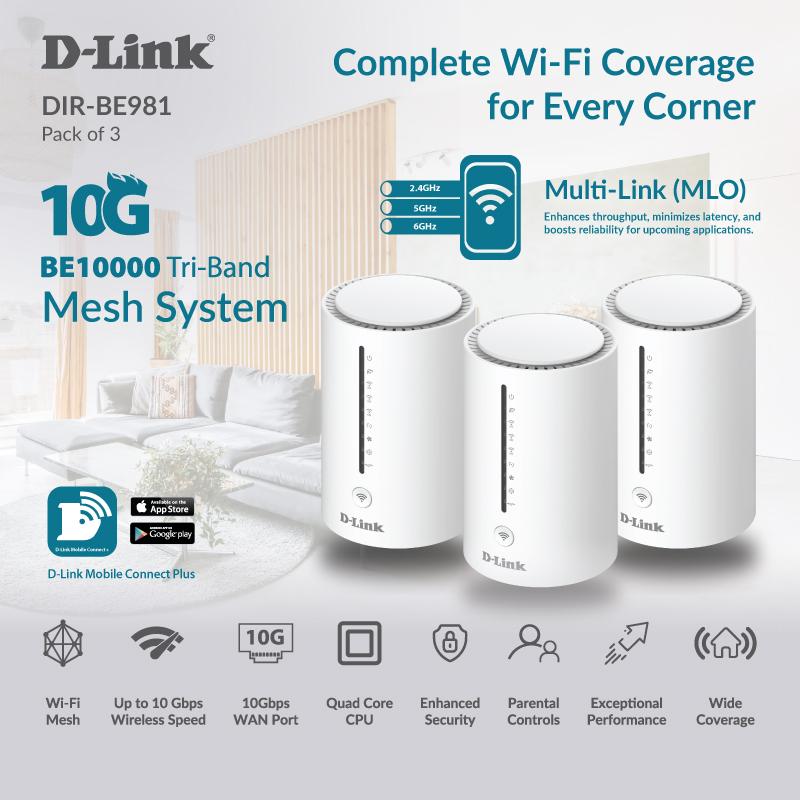
Vijender Yadav, Co-founder, MD and CTO, Accops
In this conversation with CXO DX at the recently concluded GITEX, Vijender Yadav, Co-founder and CEO of Accops, discusses the company’s growth trajectory, evolving cybersecurity needs, and its roadmap for the future.
You’ve been participating in GITEX for several years now. How has the participation been from the company’s point of view this year?
It’s been a great journey. Every year, we’ve seen our presence grow stronger. I remember our first year here when conversations were limited, and the leads were few. But now, our team confirms that we’ve received a significant number of quality leads. The Middle East operations are on a fast track, with increasing engagement from Saudi Arabia, Oman, and Qatar. Overall, business in the region is growing rapidly.
What kind of requirements and challenges are your customers coming to you with today?
The two big themes we’re hearing are next-generation cyber threats and optimization. During the COVID period, many organizations invested heavily in cybersecurity and IT tools. Now, they’re looking to both enhance those solutions and optimize their deployments, consolidating vendors, cutting costs, and making operations more efficient.
What are the latest innovations and product updates you’ve introduced recently?
We’ve been enhancing our virtual desktop (VDI) solutions by adding support for more hypervisors, helping customers significantly reduce their total cost of ownership. We’ve also launched new product editions, from feature-rich enterprise versions to lighter, cost-effective ones for simpler use cases.
On the security side, we’ve strengthened our Zero Trust Network Access (ZTNA) and Identity and Access Management (IAM) offerings. Features like passwordless authentication, facial recognition, and enterprise browsers are now part of our portfolio.
A very exciting development is our AI security capability. We’re now providing ways to secure and encrypt data used by Large Language Models (LLMs). This ensures that even if an LLM is compromised, confidential data remains protected. It’s cutting-edge work, especially for customers deploying on-prem AI solutions.
The market is seeing a shift from siloed security tools to unified platforms. How do you fit into that evolving landscape?
That’s absolutely right. With the SaaSification of products, customers prefer integrated solutions rather than routing traffic across multiple providers. However, not all organizations can go fully cloud. Sectors like government, defense, and critical infrastructure often require on-prem or private cloud solutions.
We specialize in on-premise and private cloud infrastructures, ensuring data sovereignty and compliance. At the same time, we’re developing next-generation SaaS-based products to serve organizations that are more cloud-ready. The world is going hybrid and so are we.
Which are your key markets today?
Our top three markets are India, the Middle East, and Japan.
India contributes about 60% of our revenue, the Middle East around 20%, and Japan about 10%. Our goal is to become a leader in the APAC and APJ regions. These markets are underserved compared to the US and Europe, and being headquartered in India gives us proximity and agility to serve them effectively.
How did the pandemic impact your business and trajectory?
COVID was a major accelerator. It transformed how people viewed remote work. Before the pandemic, we had to convince customers of the value of remote access but post-COVID, the need became obvious. We grew 3x times in the first year of COVID itself.
Of course, there were challenges too. Our plan to SaaSify products had to take a backseat temporarily as we focused on meeting immediate customer needs. But now, with AI-assisted development tools and cloud delivery models, we’re better equipped than ever to expand globally.
What can we expect from Accops in the coming months, both in terms of products and markets?
On the product side, we’ll be announcing several new features soon, with a major SaaS-based version 1.0 launch planned for next year.
On the market side, we’re investing heavily in the Middle East. We work a lot with Bulwark Technologies. We have also recently onboarded Spire as a new distributor, which will significantly enhance our local presence and customer engagement, particularly in Saudi Arabia.
In Japan, we’ve just completed our first partner bootcamp and are scaling up investments. We’re also expanding into Southeast Asia and finalizing a global distribution partnership that will help us reach Europe and the US.
Zero Trust has become a default security framework today. What is your approach to it?
Yes, Zero Trust has become a buzzword, but for us, it’s a structured design philosophy built on three layers, namely Identity Protection, Secure Connectivity and Data Protection.
For identity protection, we offer full multi-factor and passwordless authentication with multiple form factors. For secure connectivity, our ZTNA gateway (Private Access Gateway) enables segmented, contextual access to each application, preventing lateral movement. For data protection, through VDI, we centralize applications and data within a controlled infrastructure, giving customers complete control over information flow.
This three-layer approach ensures a truly secure and auditable workspace.
How do you define Accops’ positioning — are you a cybersecurity vendor or an infrastructure company?
We’re a blend of both as an IT infrastructure and cybersecurity solutions provider. We focus on prevention rather than detection. Think of us as creating a secure, compliant workspace container where users can work safely. We don’t do threat detection; we ensure the environment itself is secure and isolated from potential risks.
Who do you see as your main competitors?
In VDI, our primary competitors are Citrix, VMware, and Microsoft. In the ZTNA space, we compete with Cisco, Fortinet, Palo Alto, and other SASE players.
For IAM, since we specialize in on-premise IAM, our competition includes both traditional players and cloud-based providers like Okta and OneLogin. That said, in India and parts of APAC, we’ve emerged as one of the top two VDI vendors, which speaks to the trust our customers place in us.
Finally, if a customer implements your full suite, what does the deployment look like?
They get a clean, auditable, and secure workspace that can run on their local devices or virtual desktops hosted in their data centers, Azure, or AWS.
If the device is trusted, our MFA, IAM, and ZTNA layers secure it.
If not, we can isolate everything via our VDI solution, ensuring that data and applications never leave the data center. It’s a flexible model suited for the hybrid world we live in.















